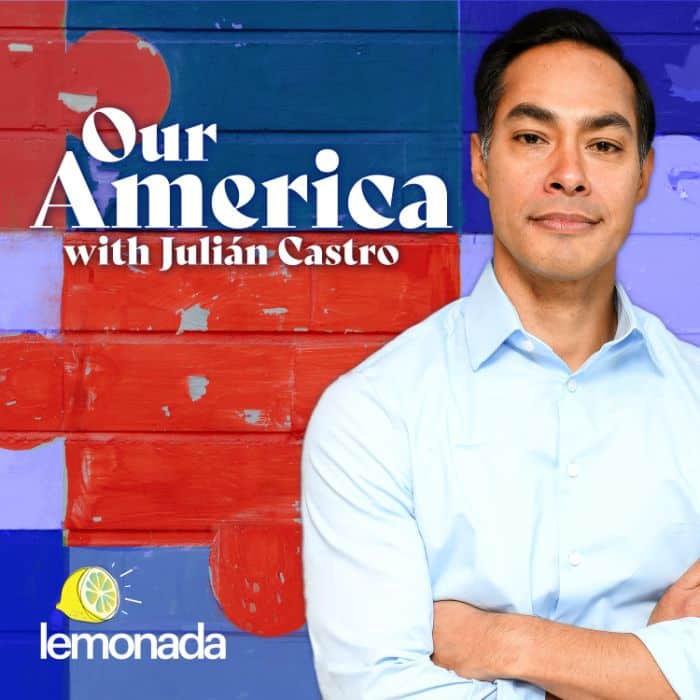-
Podcasts
- See All Podcasts
- Add to Cart with Kulap Vilaysack and SuChin Pak
- After 1954
- Archetypes
- As Me
- Attitudes!
- BEING Golden
- BEING Trans
- Believe Her
- Blind Plea
- Boneheads with Emily Deschanel and Carla Gallo
- Born To Love with Ellie Kemper and Scott Eckert
- Burnout
- Call Declined
- Choice Words with Samantha Bee
- Discarded
- Everything Happens with Kate Bowler
- Fail Better with David Duchovny
- FIRST! with Kareem Rahma
- Funny Cuz It’s True with Elyse Myers
- Good Grief
- Good Kids
- Good Sex
- Good Things
- Hard Feelings with Jennette McCurdy
- Here Lies Me
- Hildy the Barback and the Lake of Fire
- I Need To Ask You Something
- I’m Sorry
- In Giro Con Fra
- In Recovery with Dr. Nzinga Harrison
- In the Bubble with Andy Slavitt
- Last Day
- Legacy Talk with Lena Waithe
- Let’s Tawk
- Longer Tables
- Mind Your Own with Lupita Nyong’o
- Mouthpeace with Michael & Pele Bennett
- My New Favorite Futbolista
- My So-Called Midlife with Reshma Saujani
- No One is Coming to Save Us
- Our America with Julián Castro
- Pack One Bag
- PANTS with Kate and Leisha
- Pantsuit Politics
- Podcrushed
- Pop Culture Debate Club with Ronald Young Jr
- Pressure Cooker
- Squeezed with Yvette Nicole Brown
- Talk Easy with Sam Fragoso
- The Body Collective
- The Cost of Care
- The Deep Dive with Jessica St. Clair and June...
- The Defenders
- The Dough
- The High Life with Ricki Lake
- The Inspiring Women Leadership Lab
- The Letter
- The Pink House with Sam Smith
- The Sarah Silverman Podcast
- The Suga
- The Untold Story: Criminal Injustice with Jay Ellis and...
- Threedom
- Uncared For
- USA v. García Luna
- V Interesting
- When We Win with Maya Rupert
- Wiser Than Me™ with Julia Louis-Dreyfus
- Workin’ On It
- Written Off
- Your Next Listen
-
About Us
- News
-
Shop
-
Connect
- My Lemonada
